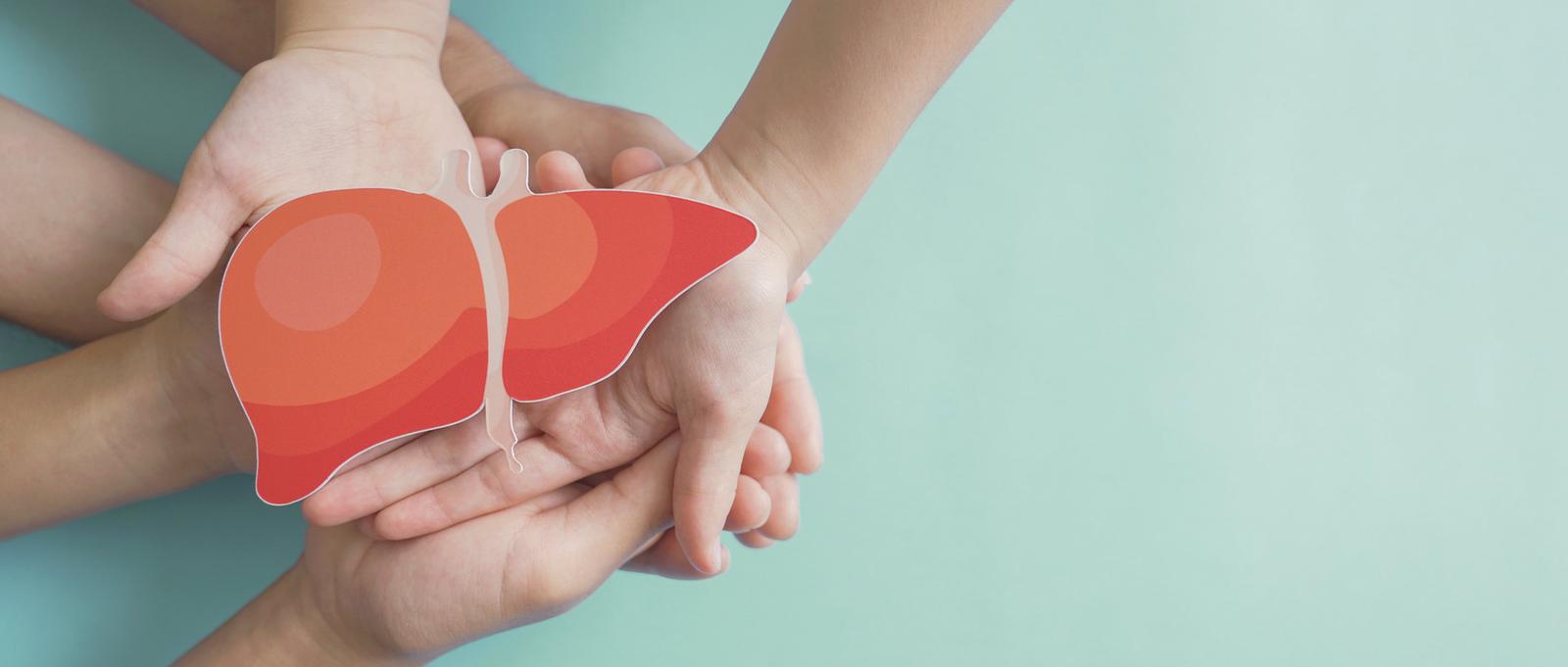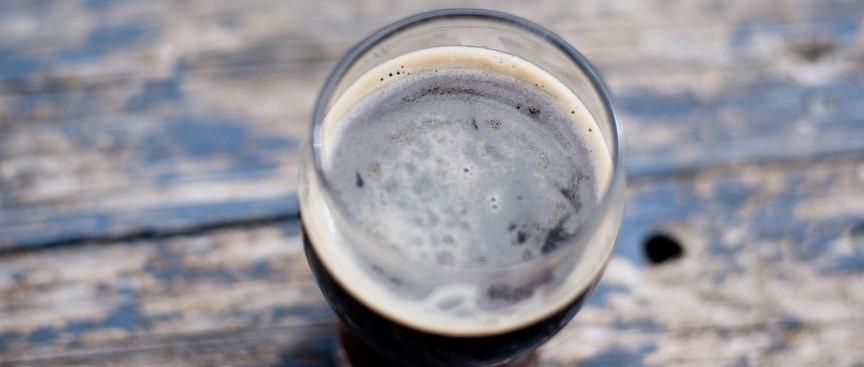
Cómo cuidar el hígado durante la semana de fin de curso
Peer reviewed by Dr Colin Tidy, MRCGPLast updated by Heather AinsworthLast updated 4 Sept 2025
Satisface las necesidades del paciente directrices editoriales
- DescargarDescargar
- Compartir
- Idioma
- Debate
La semana de los novatos está llena de fiestas, nuevos amigos y muchas noches hasta tarde. Pero una semana de alcohol puede ser dura para el hígado. Para que disfrutes de ella sin poner en peligro tu salud, hemos reunido algunos consejos sencillos para cuidar tu hígado sin dejar de aprovechar al máximo tu experiencia en la universidad.
En este artículo:
Seguir leyendo
Eat before you go out
Food slows down the rate at which alcohol is absorbed into your bloodstream. Making sure you 'line your stomach' before drinking alcohol prevents you from getting drunk too quickly, helps maintain blood sugar levels, and reduces the chance of getting a hangover1.
The best choices are foods that release energy slowly – go for a mixture of protein and carbs, such as chicken or fish and pasta or potatoes.
Avoid pre-drinking
It’s tempting to drink before you go out to save money, but the danger is you’ll get drunk quickly and could miss out on most of the evening. Ideally, avoid ‘pre-drinking’ altogether but if you do it, choose a long drink such as beer. Give hand-poured spirits a miss too, as it’s easy to drink far more than you realise.
Seguir leyendo
Know your units
Keeping tabs on how much you’re drinking is a good habit to get into. Adults should drink no more than two to three units a day, which amounts to one pint of standard-strength (5%) lager, beer or cider, or two to three single pub measures (25ml) of spirits, or one medium to large glass of 12% ABV (alcohol by volume) wine.
The weekly units for men and women is 14 units2. It’s also recommended that you have at least two to three dry days a week.
Beware of bingeing
While alcohol-free days are important, it’s a bad idea to save up your units for one or two days. A report by the Department of Health found that drinking between five and seven units in one session raises the risk of accidents and injuries between two to five times3.
Binge drinking also lowers your inhibitions and judgment, putting you at greater risk of danger, and over time it can affect mood and memory. The worst-case scenario is alcohol poisoning, which is potentially fatal.
Seguir leyendo
Pace yourself
It takes up to an hour for your body to process one unit of alcohol, so make your drinks last. Choose long drinks over shots, and drink water either alongside or between alcoholic drinks. This will slow down your drinking and keep you hydrated, helping to fend off tomorrow’s hangover. Or simply go for a soft drink.
Avoid big rounds
Not only are they expensive, but you’ll end up keeping pace with the fastest drinker. Everyone metabolises alcohol at a different rate too, depending on their gender and size4. So if you’re a nine stone woman, don’t try to keep up with a 13 stone man.
This isn’t sexist – it’s medical fact! The body holds alcohol in water, and because women have proportionally less water than men their blood alcohol levels become more concentrated.
Pick events wisely
If you’re not interested in drinking, a pub crawl is an obvious no-no but there are lots of arts and activity-based events to attend. You could also try a night out at an alcohol-free bar – there are a number of ‘dry bars’ now in big cities such as London, Manchester, Nottingham and Liverpool.
Resist peer pressure
Many universities have banned alcohol-fuelled initiation rites to clubs and societies, some of which have resulted in the deaths of students due to alcohol poisoning or accidents. But drinking games still go on.
If you’re not comfortable with something, don’t do it. It’s your body and being responsible for your own actions is part of being an adult. In the long run, most people will respect you more for standing your ground, and you won’t end up untagging yourself from embarrassing photos on social media.
If they don’t, find some new friends – there’s probably plenty of people feeling just the same way you do.
Para saber más
1. Ramsbottom et al: Food as harm reduction during a drinking session
2. Gov.uk: Delivering better oral health - chapter 12 alcohol
Selección de pacientes Consejos sobre el alcohol

Vida sana
¿Por qué el consumo de alcohol afecta al sueño?
Sometimes after drinking, it can feel like you're asleep before your head hits the pillow. However, in truth, the rest of your night's sleep will be disturbed by the alcohol in your system. You might wake up more than usual in the night - and feel exhausted in the morning. But why does alcohol affect your sleep?
por Victoria Raw

Vida sana
Uno de cada cinco pacientes hospitalizados tiene problemas con el alcohol
Una de cada diez personas ingresadas en un hospital del SNS es adicta al alcohol, según un nuevo estudio.
por Ashwin Bhandari
Seguir leyendo
Historia del artículo
La información de esta página ha sido revisada por médicos cualificados.
Próxima revisión prevista: 4 de septiembre 2028
4 Sept 2025 | Última versión
Publicado originalmente
Autores:
Danny Chadburn

Pregunte, comparta, conecte.
Explore debates, formule preguntas y comparta experiencias sobre cientos de temas de salud.

¿Se encuentra mal?
Evalúe sus síntomas en línea de forma gratuita
Suscríbase al boletín informativo para pacientes.
Tu dosis semanal de consejos de salud claros y fiables, redactados para ayudarte a sentirte informado, seguro y en control.
Al suscribirte, aceptas nuestra Política de privacidad. Puedes darte de baja en cualquier momento. Nunca vendemos tus datos.